Publications
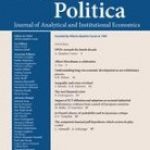
COVID-19 and Women’s Nutrition Security: Panel Data Evidence from Rural India
Economia Politica, 2021
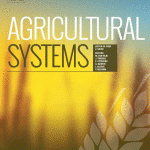
Farmer Research Networks Enable Community-Based Mycotoxin Management in Rural Indian Villages
Agricultural Systems, Volume 192, August 2021

Microstructure Modification of Milk Protein Extrudates by Reactive Superficial Fluid Extrusion
June 1, 2021
by Bindvi Arora
Cornell University, 2021

The State of Food Loss Along Perishable Vegetable Supply Chains
June 1, 2021
by Jocelyn Boiteau
Cornell University, 2021

Essays on the Effects of Migration & Remittances on Households in Rural India
May 1, 2021
by Vidya Bharathi Rajkumar
Cornell University, 2021
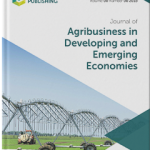
Shortage of Pulses in India: Understanding How Markets Incentivize Supply Response
March 30, 2021
by Mathew Abraham, Prabhu Pingali
Journal of Agribusiness in Developing and Emerging Economies, Online: February 2021
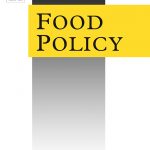
Seasonal Time Trade-Offs and Nutrition Outcomes for Women in Agriculture: Evidence from Rural India
March 24, 2021
by Vidya Vemireddy, Prabhu Pingali
Food Policy, Online: March 24, 2021
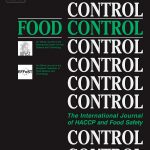
Spatiotemporal Assessment of Post-Harvest Mycotoxin Contamination in Rural North Indian Food Systems
March 18, 2021
by Anthony J. Wenndt, Hari Kishan Sudini, Rukshan Mehta, Prabhu Pingali, Rebecca Nelson
Food Control, Volume 126, August 2021

Mycotoxin Surveillance for Low-Resource Settings
In D. Montet, C. Brabet, R. C. Ray, and S. Galindo (Eds.), Mycotoxins in Food and Beverages: Innovations and Advances, Part I, CRC Press, 2021

Effects of Short Birth Spacing on Birth-Order Differences in Child Stunting: Evidence from India
February 19, 2021
by Sunaina Dhingra, Prabhu Pingali
Proceedings of the National Academy of Sciences of the United States of America, Volume 118, Issue 8, February 2021

